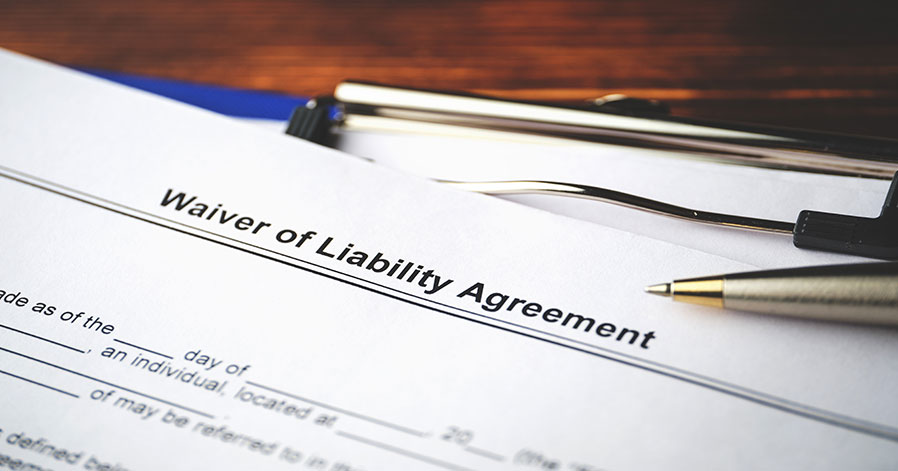Marriage, separation, and family structure significantly impact and complicate estate litigation. Whether you're planning your estate or navigating the loss of a loved one, understanding how marriage impacts wills is essential. In British Columbia, legal…
Read More













